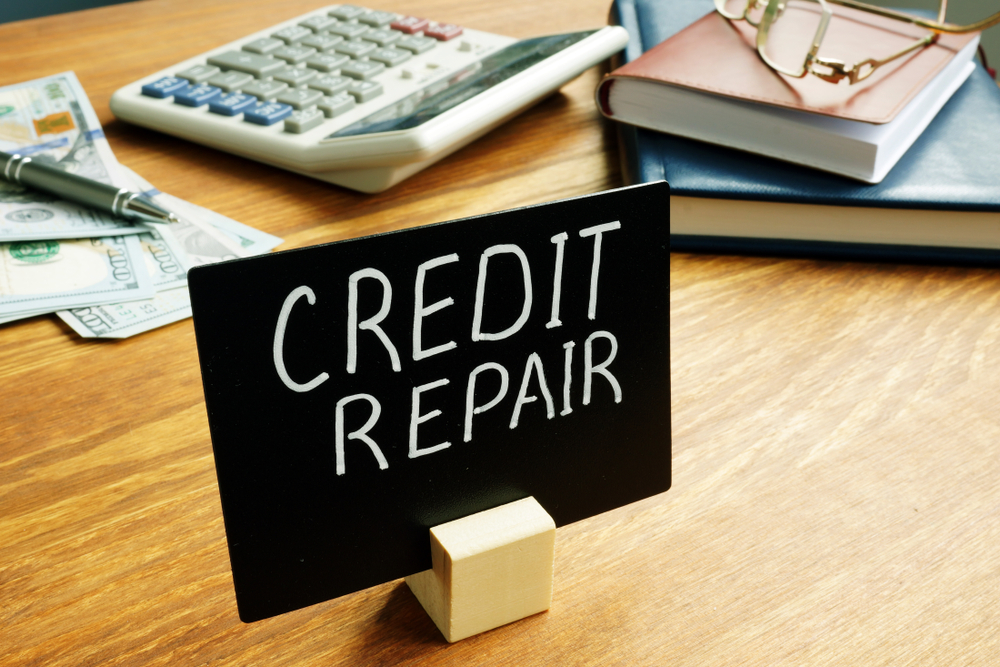Every aspect of our lives is affected by how great or poor our personal credit score is. Having good credit opens many doors of opportunities such as access to loans at an incredibly low rate. Insurance premiums can also be dramatically lower. Nowadays, getting well-paying job hinges heavily on your personal credit score.
When an individual has poor credit, their financial future looks dramatically grim. They may not have access to loans, and if they do, they are at astronomical interest rates, they may not land their dream job, and they may not qualify for a mortgage.
That’s why it’s in everyone’s best interest to repair their credit as soon as they discover a problem.
What Is A Credit Repair Service?
A credit repair service, also called a credit repair organization, is a “third-party” that tries to get current information off of a consumer’s credit report in exchange for payment.
These companies exist to make a profit while improving the current state of their customer’s credit scores.
There are some credit repair services that “claim” to remove erroneous information from their credit reports. But the truth is that they remove accurate information before it “naturally” disappears.
The Most Prevalent Reasons For Chargebacks
Credit repair companies do the grunt work of removing negative information off of a consumer’s credit report. The reality is that consumers are ultimately dissatisfied with the results of this service, leading to a high rate of chargebacks.
Then you have other credit repair companies that outright lie to customers, making “false promises”, only to fall dramatically short on their claims. Naturally, the industry suffers from overall customer dissatisfaction as well as trust at an all-time low.
The result of all these false claims and practices has led to more stringent regulations throughout many states. This too has dramatically driven the number of chargebacks.
Let’s dive into the most common reasons for chargebacks:
1. Unrealistic customer expectations
There is no guarantee that a consumer will see a significant improvement in their personal credit score. Incorrect information can always be eliminated, but a customer’s existing debt and any new debt they acquire during “the term of service” could negatively impact their credit score.
2. Types of payment
Credit repair services carry out the vast majority of their sales through the phone. This makes it impossible for businesses to authenticate a customer’s identity. This can lead to both fraud and chargebacks. Fraud tools are essentially absent if transactions are taking place on the phone instead of online.
3. Inadequate industry standards
The credit repair industry does not have a significant “governing association” or an authoritative publication that can guide merchants on the best practices of the industry. There are no guidelines about compliance as directed by federal agencies.
How To Combat Chargebacks
When it comes to fighting chargebacks, merchants can choose one of three routes:
- Do nothing
Many merchants lack the expertise or the time to effectively fight off chargebacks. Others simply write them off as part of the cost of doing business. What they don’t realize is that they stand to lose up to 40% of their revenue.
- Fighting them in-house
You can definitely pursue this route if you only experience 50 chargebacks or less every month, have a win rate of over 60%, or have fully-trained staff that has experience fighting chargebacks.
- Outsourcing to a chargeback management company
Outsourcing would be a great solution only if they are able to provide valuable analytics to pinpoint the root causes of chargebacks. It would also help if they are able to boost your “chargeback win rate.”
Credit Repair Is Vital
Credit repair companies help consumers get their credit to a more optimal level, to grant them more financial freedom. Despite the high level of chargebacks, merchants can still seek ways to mitigate them.


